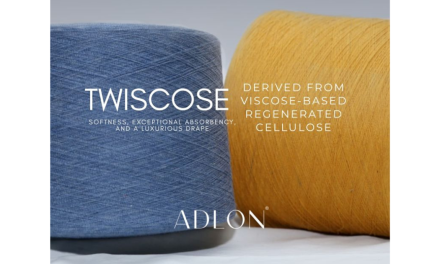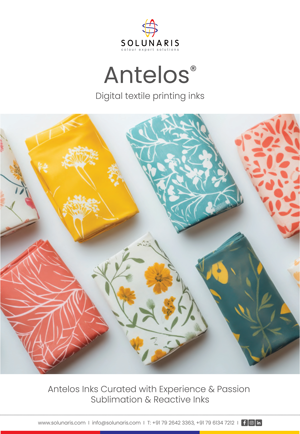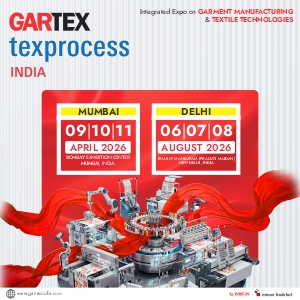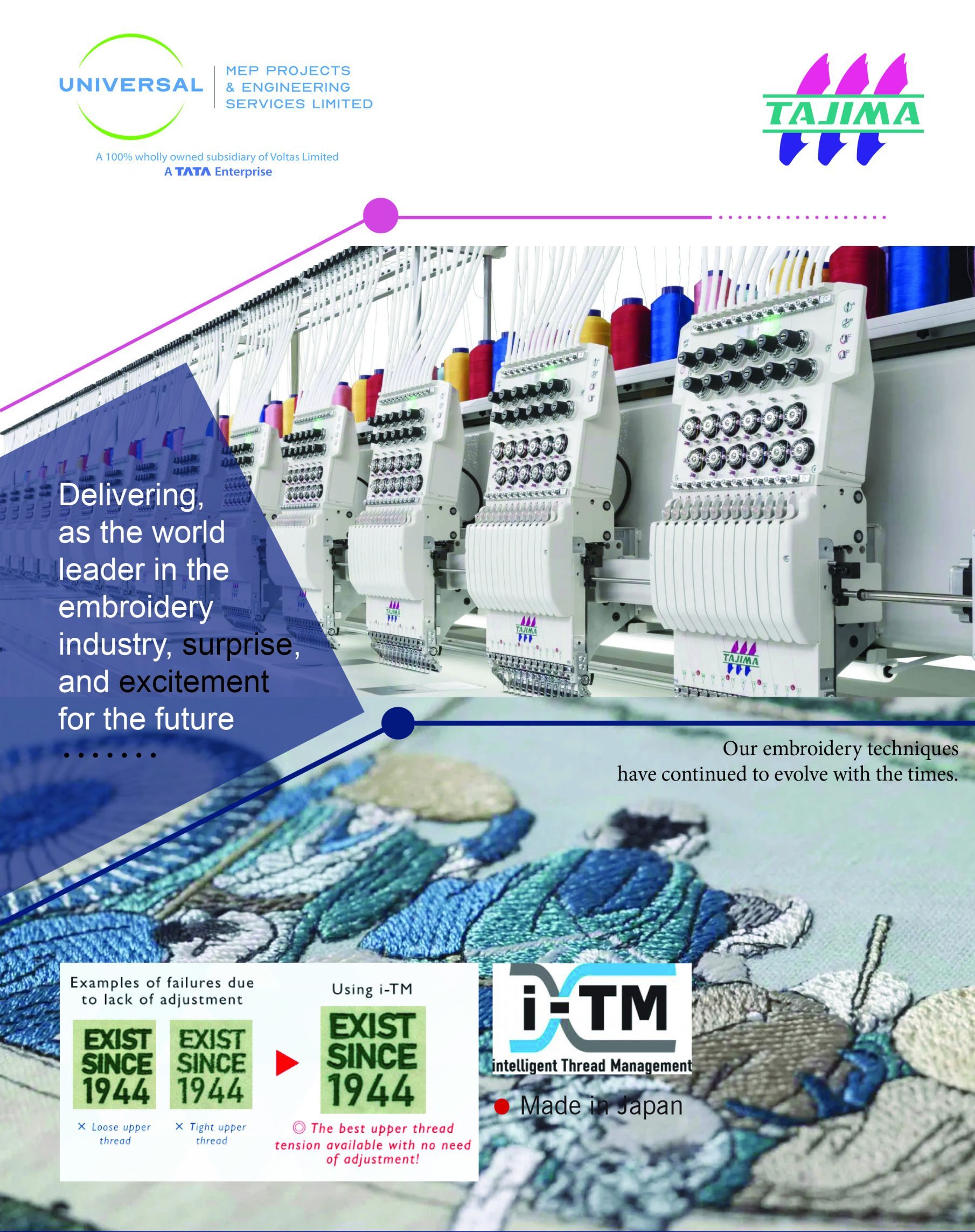 The Accelerating Circularity initiative has received a $1.5 million tranche of funding from the Walmart Foundation, which it will use to scale up its new ‘Building Circular Systems’ (BCS) programme. The funds will help build on the programme’s early development stages, which have so far demonstrated the technical feasibility of textile-to-textile recycling systems.
The Accelerating Circularity initiative has received a $1.5 million tranche of funding from the Walmart Foundation, which it will use to scale up its new ‘Building Circular Systems’ (BCS) programme. The funds will help build on the programme’s early development stages, which have so far demonstrated the technical feasibility of textile-to-textile recycling systems.
Working closely with brands, retailers, recycling innovators and non-profits, the programme will now work to develop tools to optimise the flow of used textiles through channels that have the highest circular potential or GHG reduction benefits. It will also aim to build markets through the commercialisation of circular textile-to-textile recycling at standard production scale volumes. This includes supporting the development of circular fibres, yarns, and fabrics, as well as new projects to establish sustainable circular supply chains that include all of North and Central America. The third key strand of the programme is to educate and engage brands, retailers and institutions on responsible disposal pathways for used textiles to reduce the volumes going to landfill.
Welcoming the new funding, Karla Magruder, Founder, and President of Accelerating Circularity commented: “We are fortunate to have the support of the Walmart Foundation to do this next level of work and move closer to realising our vision of a world in which textiles are no longer wasted.
“We aim to broaden our engagement as we continue to build the business case for circularity and invite new industry collaborators to join us in this endeavour.”
To date, through a previous grant from the Walmart Foundation, Accelerating Circularity says it has created a methodology that has mapped existing systems and identified gaps, modelled new circular supply chain systems for textile-to-textile supply networks, and piloted trials at scalable levels to demonstrate textile-to-textile recycling in the US and Europe. It has also developed tools to facilitate future trials and expedite circular systems such as the recently launched textile-to-textile recycling playbook.
And in September, it created a new working group, which, known as the Alliance of Textile Chemical Recycling (ACTR), will work to provide the industry with accurate information on issues surrounding textile chemical recycling.

















